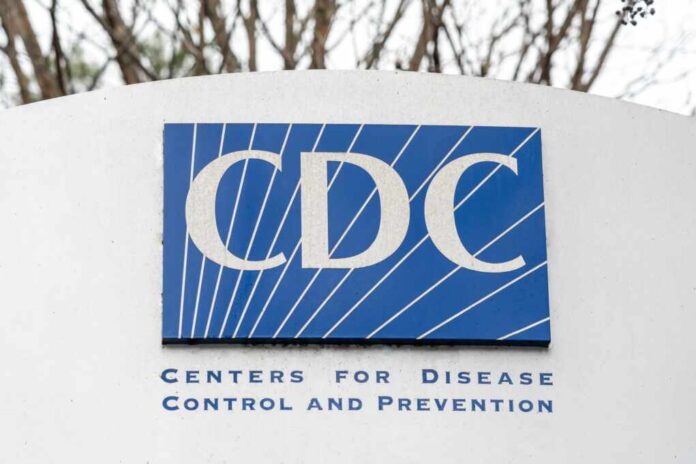
Health officials in Colorado have confirmed a human case of the Bubonic plague in Pueblo County. The Pueblo Department of Public Health and Environment (PDPHE) and the Colorado Department of Public Health and Environment are currently investigating the case. Details about the individual affected have not been disclosed, but officials urge the public to take precautions to prevent exposure.
The bacterium Yersinia pestis, responsible for the plague, is believed to have arrived in North America on ships from South Asia around 1900, according to experts. Dr. Timothy Brewer, a UCLA professor, explained that the disease has since become endemic in ground squirrels and rodents in the Southwestern U.S. The Centers for Disease Control and Prevention (CDC) notes that the plague can affect people of all ages, with about half of the cases occurring in individuals aged 12 to 45.
The World Health Organization reports between 1,000 and 2,000 global cases of plague annually, with the U.S. averaging seven cases per year. Without treatment, the plague can be fatal in 30% to 60% of cases. However, with antibiotics, the fatality rate drops to below 5%.
Symptoms of the plague include severe headaches, fever, chills, muscle aches, nausea, vomiting, and swollen lymph nodes. Transmission can occur through droplets from an infected person, bites from infected fleas, or direct contact with infected animals and their fluids. Infection control practitioner Erica Susky highlighted that minimizing contact with rodents and fleas is crucial for prevention.
“Pets can sometimes be infected when encountering an infected flea or rodent and may pass it along to their pet owners from a bite or if the pet is ill,” Susky told Fox News Digital. She also warned that skinning animals can spread the bacterium via infected body fluids.
To prevent exposure, Susky advises avoiding contact with rodents and fleas, sealing entry points in homes to keep rodents out, and eliminating potential hiding spots. Keeping pets indoors is recommended, but if they go outside, they should be kept on a leash. Additionally, pets with flea infestations should be treated promptly, and veterinary care should be sought if a pet becomes ill.

























